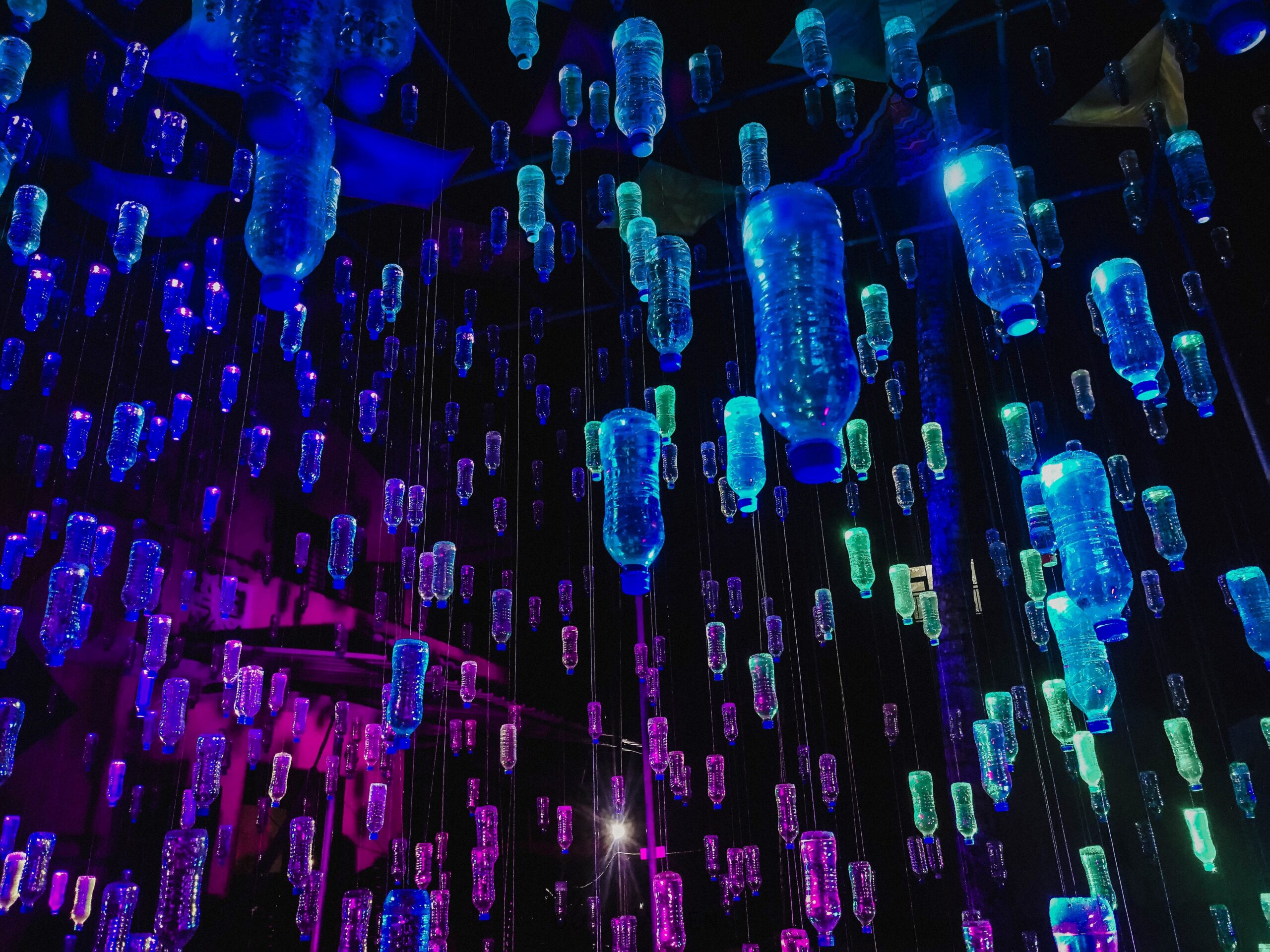The Plastic Crisis Looks To Infinitely-Recyclable Plastic As a Solution

Plastic recycling is essential to ensure plastic doesn’t pollute landfills and wildlife. Scientists from California’s famous city Berkeley are trying to develop recyclable plastics. However, like every other world-changing discovery, this discovery is accidental.
What Is a Recyclable Plastic?
As we know, only 9% of the earth’s plastic is recyclable. The rest of the 91% plastic is filling the landfills and causing serious threats to life on earth and underwater.
Poly(diketoenamine) or PDK is the new plastic that scientists discovered can be recycled infinitely. This new plastic undergoes reversible polymerization, where monomers regain their original state. Consequently, the plastic returns to its original state and can be used again by its owner.
How Scientists Discovered this New Plastic?
The research was carried out by four scientists from the Molecular Foundry at the Lawrence Berkeley National Laboratory in Berkeley, California, and published in Nature Chemistry. As per the study’s abstract, researchers found that high-value monomers may be recovered and used to manufacture new materials when plastics “undergo reversible polymerization.”
According to the experts, unlike conventional plastic, PDK plastic will continue to be just as durable and priceless after each recycling process. Peter Christensen, the researcher working on PDK, came across this unique material while working on glass.
He made PDK adhesives using acid on the glass usually used for this plastic. As he noticed the monomers retaining their original composition, he knew he had discovered the ultimate closed-loop required for plastic.
The two things scientists discovered from their consistent work and study on PDK are as follows:
- Using acid on PDK can assist in separating additives from monomers. Traditional recycling of plastics doesn’t allow this, which makes recycling different.
- The monomers of PDK can be modified into polymers. Hence, manufacturing new materials and items using old plastic is possible.
Brett Helms, the lead researcher of the PDK study, is proud of the work and is hopeful for the future, stating, “We’re at a critical point where we need to think about the infrastructure needed to modernize recycling facilities for future waste sorting and processing.”
Why Is Infinite Plastic Recycling Important?
The landfills and underwater life is filled with plastic because the polymers of this material lose their characteristics after one or two recycling processes. The material also has dyes and other chemicals that restrict the number of times it can be recycled.
However, with PDK, recycling can be endless. This material won’t stay in landfills as it can be used for manufacturing new products.
PDK research is essential for today’s world, where plastic pollution seems endless. The infinite recycling of PDK gives hope that the future earth won’t have non-degradable plastic lying everywhere.

